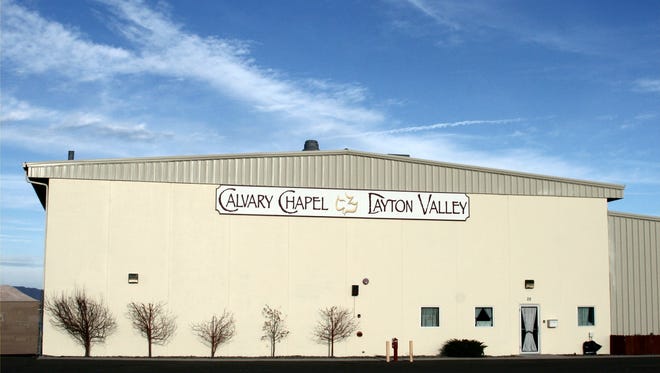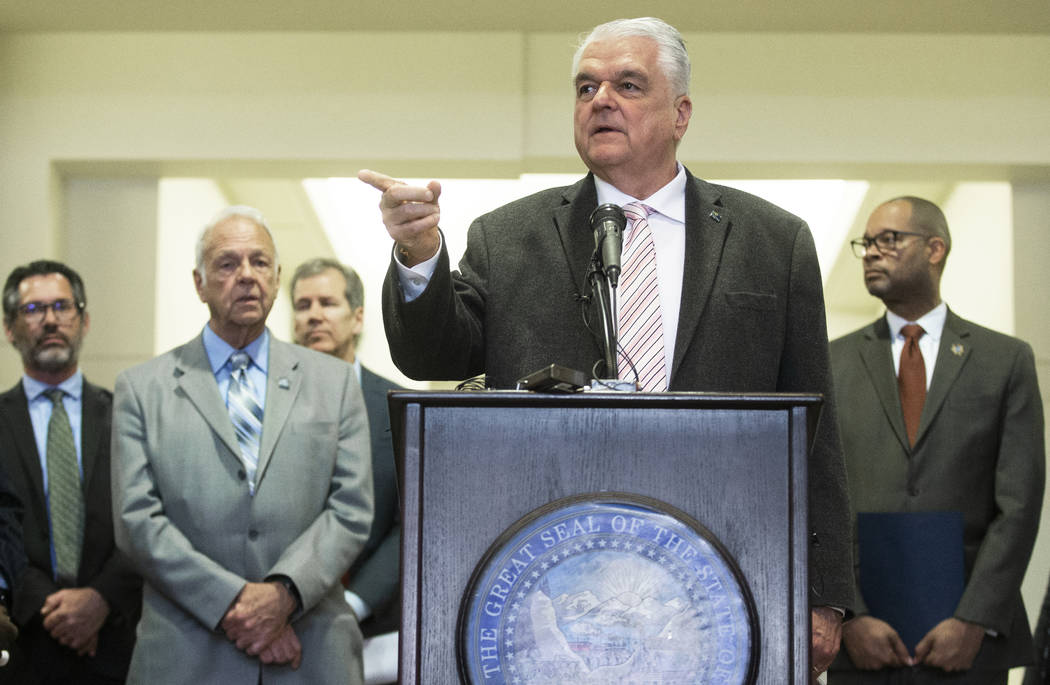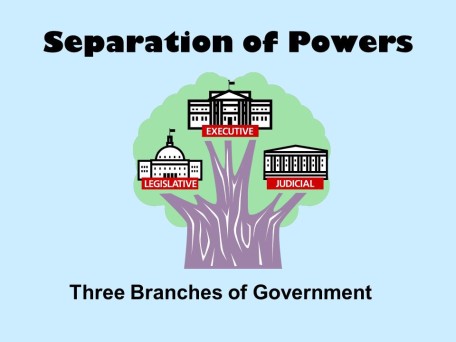A state judge’s implacable ruling this past week may have finally forestalled attempts by the Clark County water agency to tap groundwater from White Pine, Nye and Lincoln counties.
Senior District Judge Robert Estes rejected proposals by the state water engineer to grant groundwater rights to the Southern Nevada Water Authority (SNWA), calling the plan illogical, contrary to state water law, as well as arbitrary and capricious.
In 1989 the agency that is now the SNWA filed paperwork with the state engineer to lay claim to 589,000 acre-feet of groundwater in central Nevada, planning to drill a network of water wells and a 300-mile pipeline from near Ely to Las Vegas. The litigation began immediately. Since then the amount of water sought has been trimmed to 84,000 acre-feet while the price tag on the pipeline has grown to an estimated $15 billion.
A lawyer for the Great Basin Water Network (GBWN), which along with White Pine County filed suit seeking to block the water grab, called the ruling a death knell.
“Judge Estes saw clearly through the various subterfuges and false reasoning advanced by both SNWA and the State Engineer, and he systematically ruled against them on every significant point in contention,” said public interest water attorney Simeon Herskovits in an emailed press release. “In our view, the rigor and care in Judge Estes’s ruling makes it highly unlikely that any part of this ruling would be subject to reversal on appeal. Under any reasonable reading, this powerful ruling should sound the death knell for this fatally misguided and potentially devastating groundwater export proposal.”
Estes’ language in his ruling was often stern. At one point he wrote, “Illogically, the Engineer has concluded that sustainability and beneficial use are mutually exclusive. Actually, sustainability and maximum beneficial use are two sides of the same coin. One cannot exist without the other. This not a case of this Court substituting its judgment for that of the current Engineer. It is a case of this Court agreeing with the Engineer’s practice before the Engineer’s, for no logical, lawful or rational reason for changing the definitions of perennial yield.
“For decades, Nevada’s Water Engineers have recognized — and stated — that water appropriations must be sustainable, indefinitely, for both the appropriator and the reservoir, as required by Nevada law.”
Studies have found that the various aquifers involved are already at equilibrium — the amount of water being withdrawn is replaced annually by an equal amount due to rainfall and inflow from other aquifers — and any increased use would threaten agriculture, livestock watering, wildlife and natural springs.
The judge further ruled that the SNWA’s so-called 3M plan to monitor, manage and mitigate the effects of its water use when a trigger level is reached was no plan at all. The judge said “it is not a trigger at all. It is a process, obviously, or even not so obviously, understood by SNWA only. Compare this investigation ‘trigger’ with the trigger used by the BLM (Bureau of Land Management) in Armagosa Valley. ‘When the water level falls 2.7 feet below a copper washer, mitigation must occur.” (Meaning the Amargosa Valley, of course.)
Estes concluded, “Accordingly, this Court finds that the water appropriations in Spring Valley threaten to prove detrimental to the public interest because the awards, at the current well configuration, result in water mining, will never reach equilibrium, and will result in depletion of the Spring Valley aquifer. The award is inconsistent with Nevada water law … is inconsistent with the State Engineer’s long held rules of water appropriation, and is arbitrary and capricious.”
An appeal of Estes’ ruling does not appear to be imminent. The water agency issued a statement to the press saying, “Since these groundwater applications were filed more than 30 years ago, Southern Nevada has emerged as a world leader in urban water conservation. Through SNWA’s proactive water resource management and the community’s achievements in water efficiency, there is no scenario in our Water Resource Plan where this project would be needed within the next 30 years.”
In 2017 a federal judge even blocked BLM from granting the water authority a right-of-way across federal land for its proposed pipeline, saying the environmental impact assessment was inadequate.
“SNWA has no right-of-way for the pipeline, and no rights to water with which to fill the pipeline,” said Kyle Roerink, GBWN executive director. “This project is dead in the water. It’s time for SNWA to finally move on.”
A version of this column appeared this week in many of the Battle Born Media newspapers — The Ely Times, the Mesquite Local News, the Mineral County Independent-News, the Eureka Sentinel and the Lincoln County Record — and the Elko Daily Free Press.





:format(webp)/cdn.vox-cdn.com/uploads/chorus_image/image/66954095/Supreme_Court_Immigration.0.jpg)




